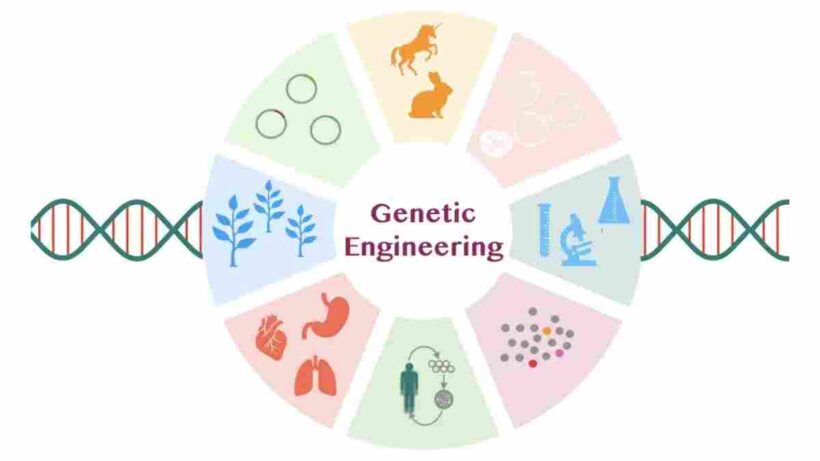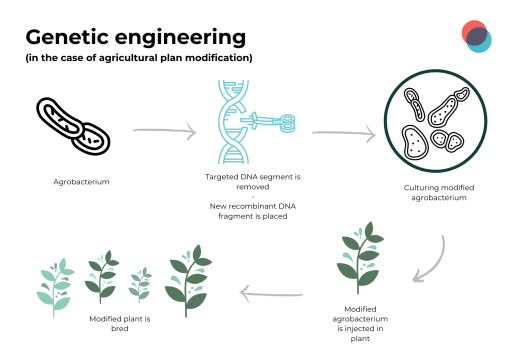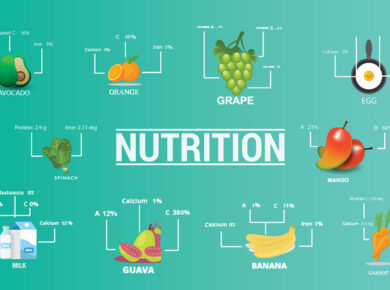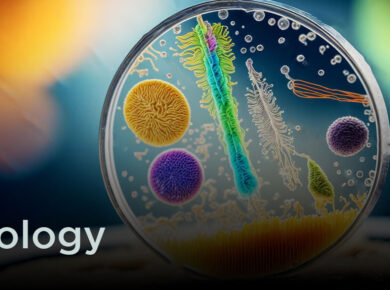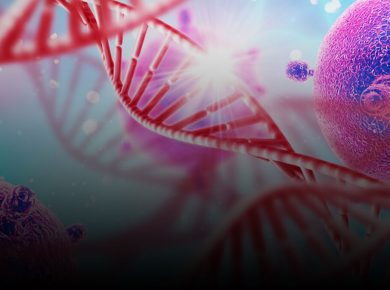Importance of Genetic Engineering
Genetic engineering or rDNA technology can be used for various purposes:
- To manufacture important compounds like vaccine, hormones, vitamins, antibodies etc. The production of these substances by inserting genes responsible for them in the bacteria and then getting clones of these bacteria used to produce the desired substance.
- To manufacture enzymes used for making cheese.
To breakdown pollutants through recombinant bacteria (bioremediation).
- To clone particular genes with the help of rDNA technology and build up a gene bank or a gene library.
- To use rDNA for gene therapy for curing disorders.
- To raise useful plants (transgenic plants) resistant to herbicides (chemicals used to kill weeds) or insect pests by inserting genes in the plants through rDNA technology.
Related Content: IAS Mania covers all topics in the science category for the UPSC exams.
Importance of Genetic Engineering
- Improved Crop Yields: Genetic engineering allows for the creation of genetically modified crops that are more resistant to pests, diseases, and environmental stresses, leading to higher yields.
- Disease Resistance: It helps develop plants and animals with enhanced disease resistance, reducing the need for pesticides and improving overall health in agriculture.
- Medical Advancements: Genetic engineering plays a key role in producing therapeutic proteins, vaccines, and drugs, such as insulin, helping treat various diseases more effectively.
- Gene Therapy: It holds promise for curing genetic disorders by repairing or replacing defective genes, offering potential treatments for conditions like cystic fibrosis and muscular dystrophy.
- Environmental Benefits: By creating organisms that can reduce the environmental impact of farming (e.g., reducing pesticide use or improving nitrogen fixation), genetic engineering promotes sustainability.
Check out Wikipedia – Importance of Genetic Engineering
